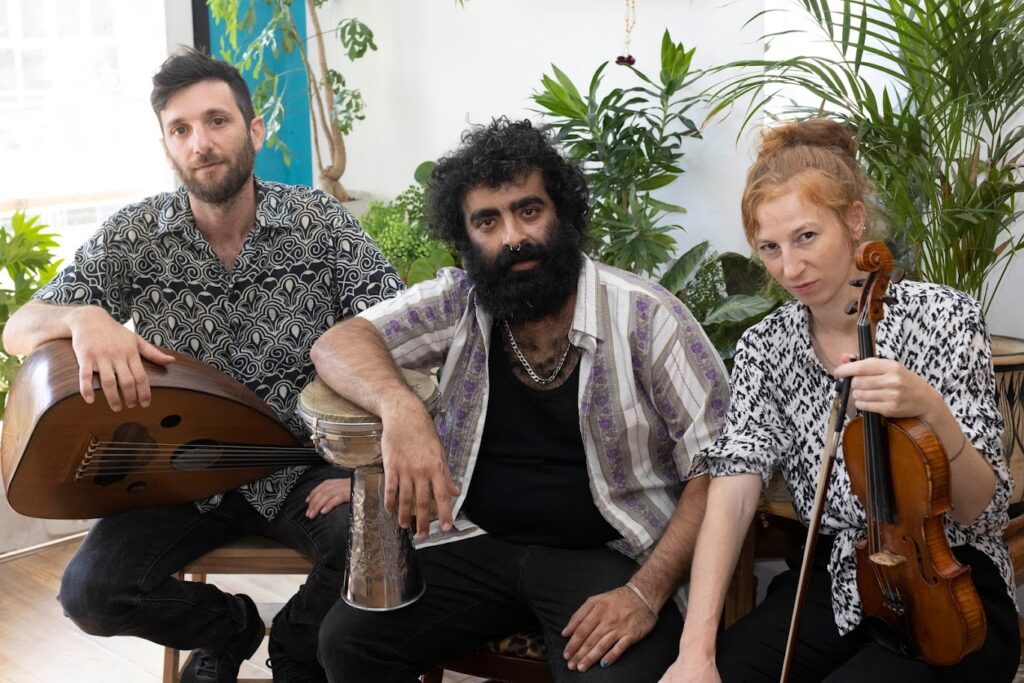Ancient Legacy of Kashmir: That Paradise Was Lost
Today’s Kashmir is not what it was centuries ago. The Sunday Guardian got an opportunity to see an exclusive preview of a well-researched and an eye opening documentary “Ancient Legacy of Kashmir”.It helped to lift the veils of the illusions of the current material world, and one can see the truth beyond. It demonstrates how the legacy of “real paradise” was lost–the co-existence of rich Hindu and Buddhist culture hasnearly vanished. It was in Kashmir that Shaivism rose to its fullest heights. This film has beenproduced for Doordarshan by Benoy K. Behl, a noted film-maker, art-historian, author and photographer. Over 47 years, he has taken over 53,000 photographs of Asian monuments and art heritage and made 146 documentaries. His photographic exhibitions have been shown in 74 countries. Behl, who holds the Limca Book Record for being the most travelled photographer and art historian, has extensively documented the Hindu and Buddhist heritage of Kashmir. “Ancient Legacy of Kashmir”shows that the great Himalayas verdant Kashmir valley has seen the blossoming of many of the most beautiful flowers of the philosophy of man.
Shaivism Rose To Fullest Heights
The film’s narrative points out that Kashmir has always been a renowned centre of Hindu and Buddhist philosophy. In ancient times, it was known as “SharadaPeeth”, or “the seat of the deity of learning”. Here the Indian philosophy of aesthetics was developed in great detail by the philosopher Abhinava Gupta in the 10th century. It is in Kashmir that Shaivism rose to its fullest heights. The manifestation of Shiva in the beauty of the world around us was worshipped as Shakti.From the 1st to the 12th centuries, the Valley of Kashmir was one of the most important centres of Buddhist learning. “Here Buddhist thought constantly interacted with Kashmir Shaivism,” Behlsaid. The Indian philosophy of aesthetics was also most highly developed in this beautiful valley. “Amidst the natural beauty of the Kashmir valley,” Behl explained, “the most joyous Hindu and Buddhist philosophy was born. This saw beauty as a stepping stone towards the final truth and salvation itself. This philosophy led to the creation of art which fills us with joy and transforms us. There is a lyrical grace in the work of the Kashmiri artist.” The legacy of ancient Kashmir is continued till today in the far lands of Ladakh and Himachal Pradesh.

Israeli Band ‘Radio Baghdad’ Thrills Delhiwallas
Israeli band Radio Baghdad, currently in India for the second time on popular demand, gave a lovely performance in ‘Amarrass Nights’ at the national Capital’s picturesqueSunder Nursery on Saturday evening. The event was organized in collaboration with Amarrass Records. Israeli Ambassador NaorGilon told The Sunday Guardian: “This band is in India to share its unique musical journey and songs with the people of India. It’s also a great opportunity for the Israeli band to explore India’s rich cultural heritage and music.” The band’s roots are in Iraq. Thousands of Jews had fled from Iraq in 1948 after the creation of Israel. Some of them are playing music, still influenced by the Iraqi and Arabic music. Radio Baghdad band’s members are vocalist-percussionist Aviv Badri Ezra, violinist-vocalist Johanna Riethmueller and Oud player-vocalist Yaniv Mazel; all from Tel Aviv.
Taste of Australia: Lobster, Lamb and Wine
Australian Prime Minister Anthony Albanese is quite excited about taking cultural and social ties to great heights. During his visit to Mumbai on Thursday, Albanese pitched for his country’s produce–especially lobster, lamb and wine–and films and tourism.At the “Taste of Australia” event organised by the Australian government, Albanese said, “Our fresh lobster and lamb used to be subject to a 30% tariff in India. Now, it’s zero. Tariffs on other products like avocado, citrus and seafood are on a pathway to zero.” He said he was looking forward to the bustling restaurants in Mumbai and Delhi showcasing these great Australian products, with a glass of premium Australian wine alongside. “We’re one of the world’s leading wine-producing countries. And some of our most popular varieties and labels are being showcased today-like Shiraz from the Barossa Valley, and Sauvignon Blanc from Southern New South Wales,”Albanese said, adding that “Coopers craft beers are also available across India, and I congratulate Coopers on recently securing distribution with VBev, one of India’s largest alcoholic beverage importers.” Referring to huge Bollywood industry, he said that Indian and Australian governments have been working hard “to bring our two film industries closer together”. “For me,” Albanese said, “films are food for the soul. They tell stories, help us to feel, and reflect who we are and where we come from. Bringing our two countries’ storytellers together–actors

![Man Mohan_PIC A [with FIRST item]](https://sundayguardianlive.com/wp-content/uploads/2023/03/Man-Mohan_PIC-A-with-FIRST-item.jpg)